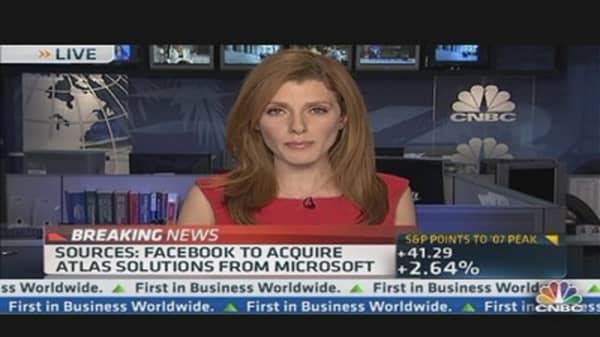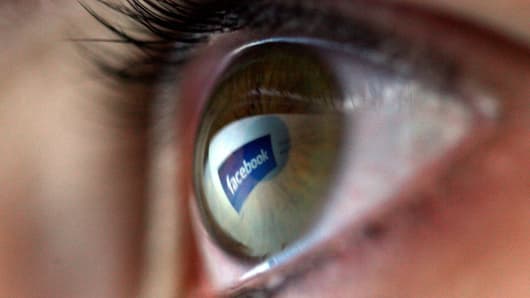Facebook announced on Thursday it plans to acquire the Atlas Advertiser Suite from Microsoft. The company didn't reveal a price tag, but sources said Facebook is paying in the ballpark of $100 million.
It's not a big deal, but it's a strategic one; the technology will be key to help Facebook better measure its ads impact on purchasing behavior across the web. That information should drive more ad purchases. It should also help Facebook and brands better utilize ads, to make sure they yield the best results.





